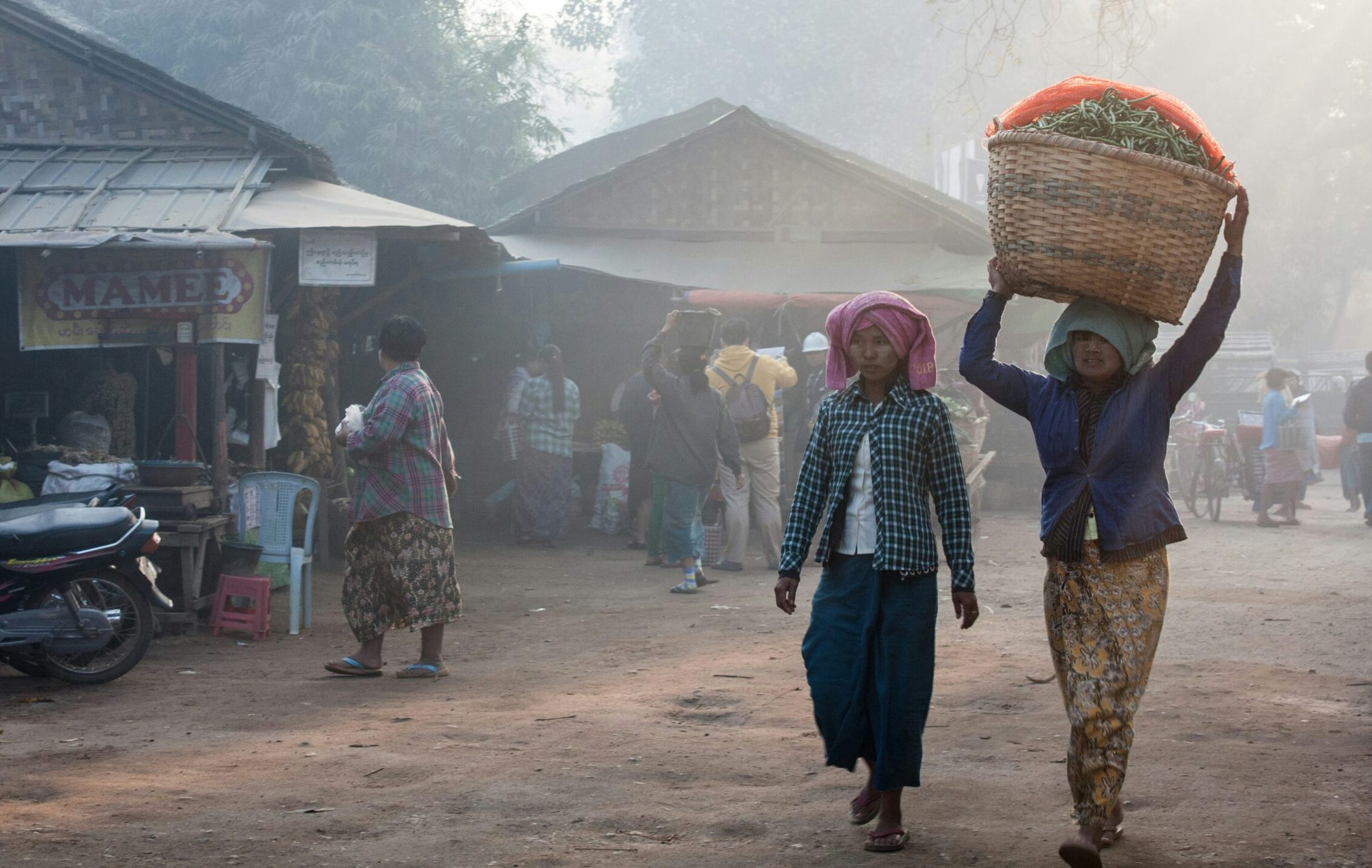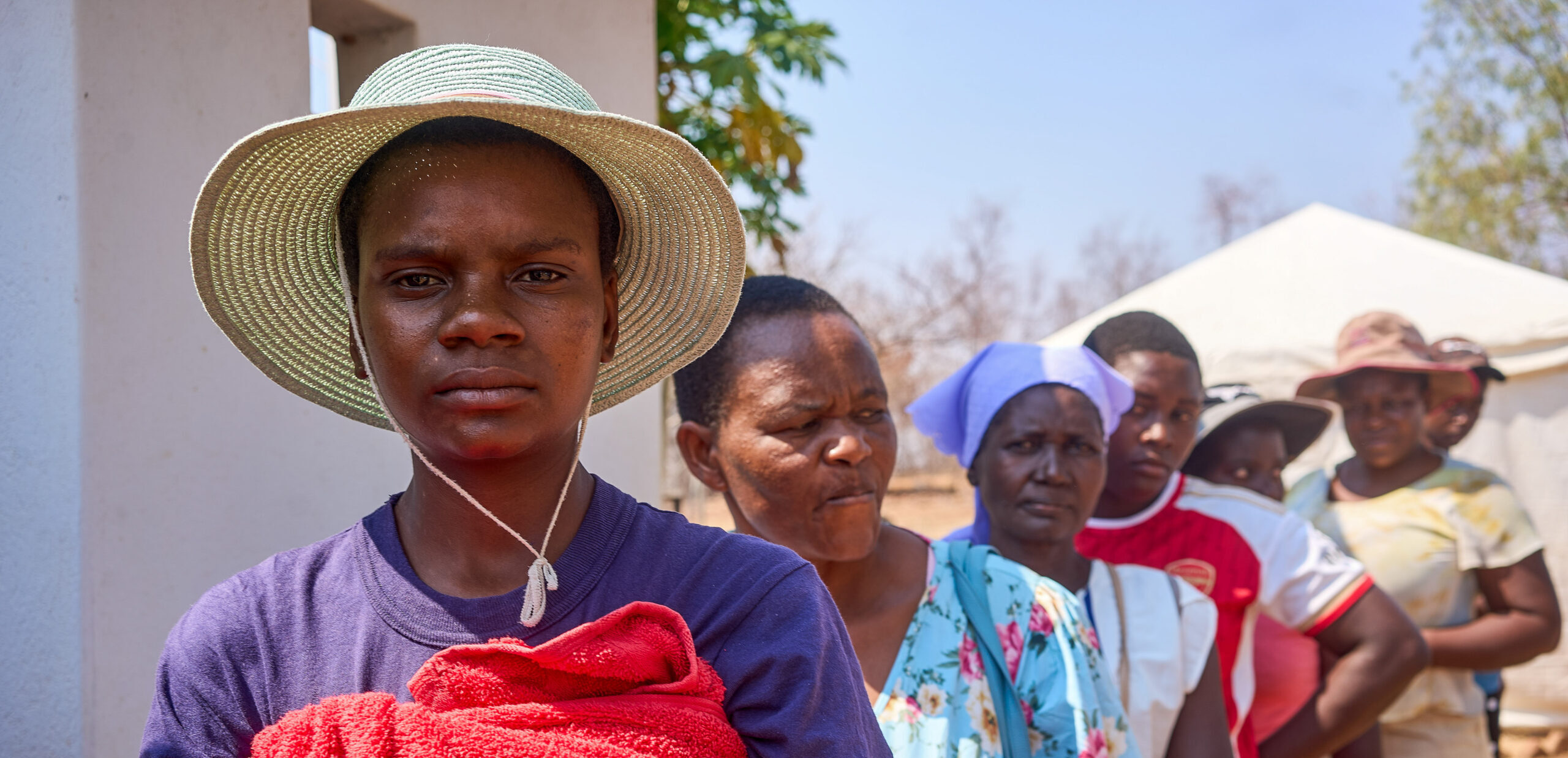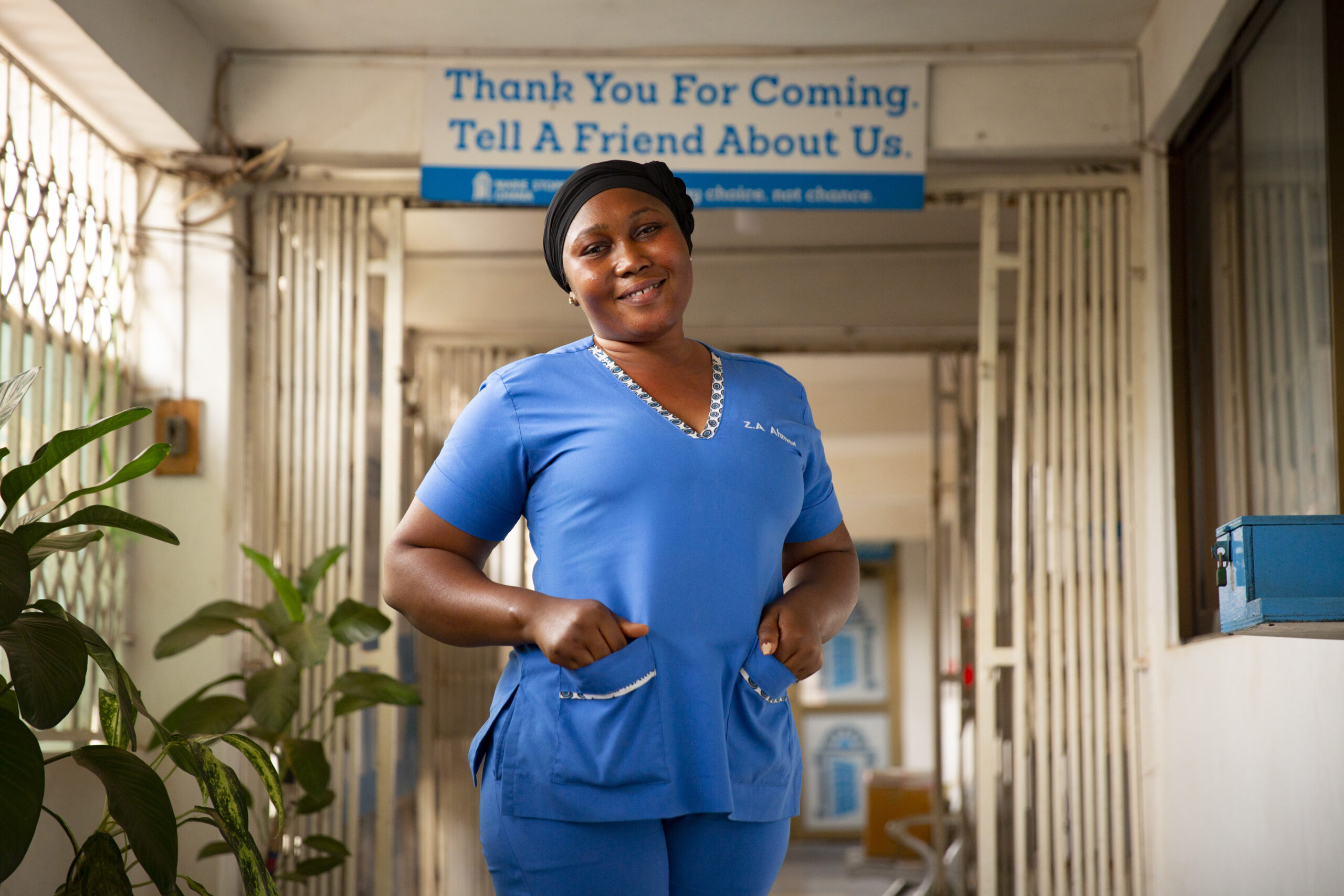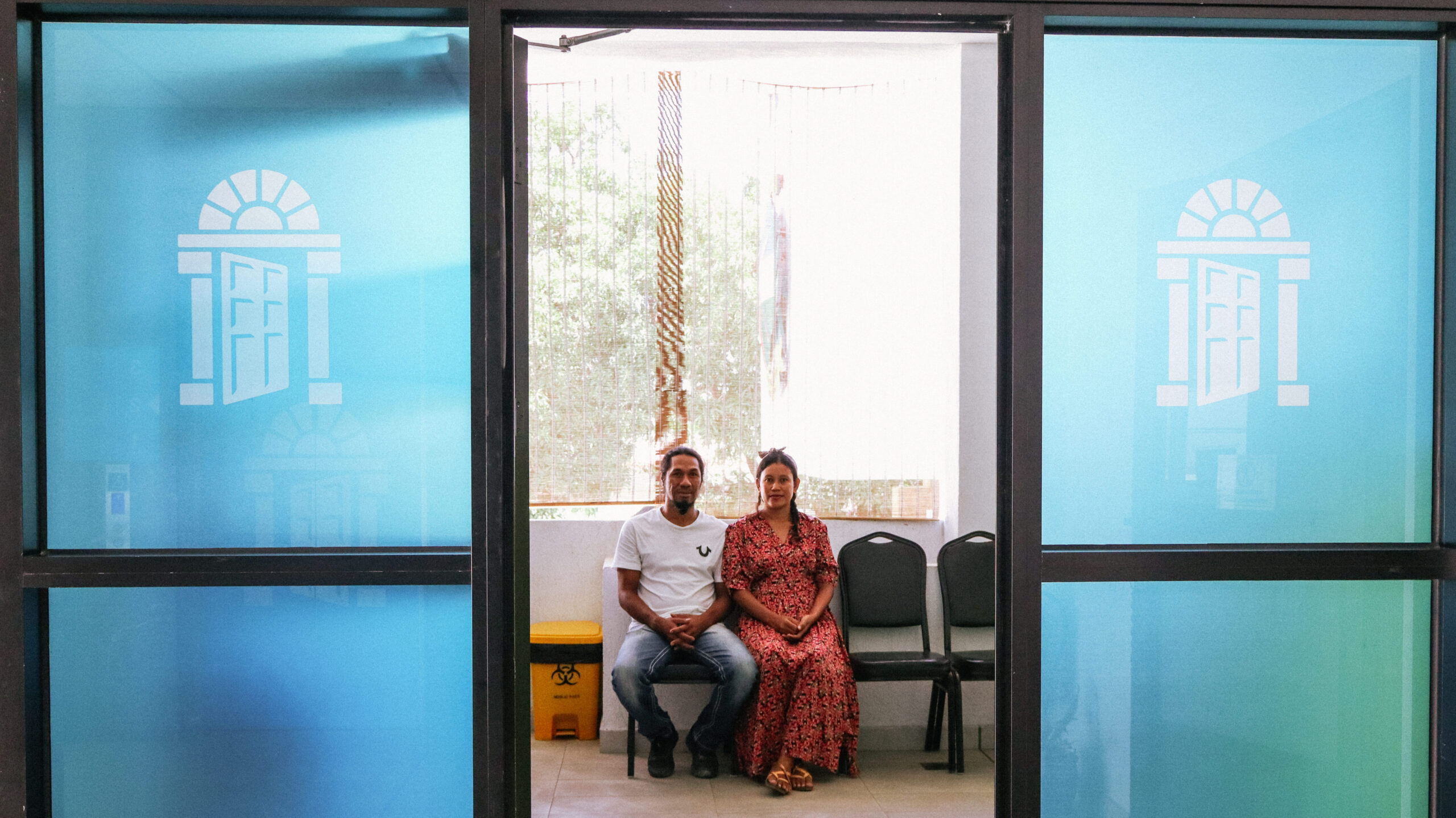
Contraception saves lives and supports futures
For four years, Norefa has supported families with contraception across his country, Papua New Guinea. He sees his work as an MSI nurse as lifesaving.
“I see rural communities at all angles – their joys and struggles. Most of the families have five or six children that they can’t afford to feed because they face many pregnancies. Some mothers suffer pregnancy complications like losing blood, haemorrhaging, and can go into shock and die.”
As the international community marks World Health Day with a theme of ‘healthy beginnings, hopeful futures’, Norefa is one of many healthcare providers out in the field right now, turning these words into action.
He is witnessing up close what many of us can only comprehend through statistics and stories.
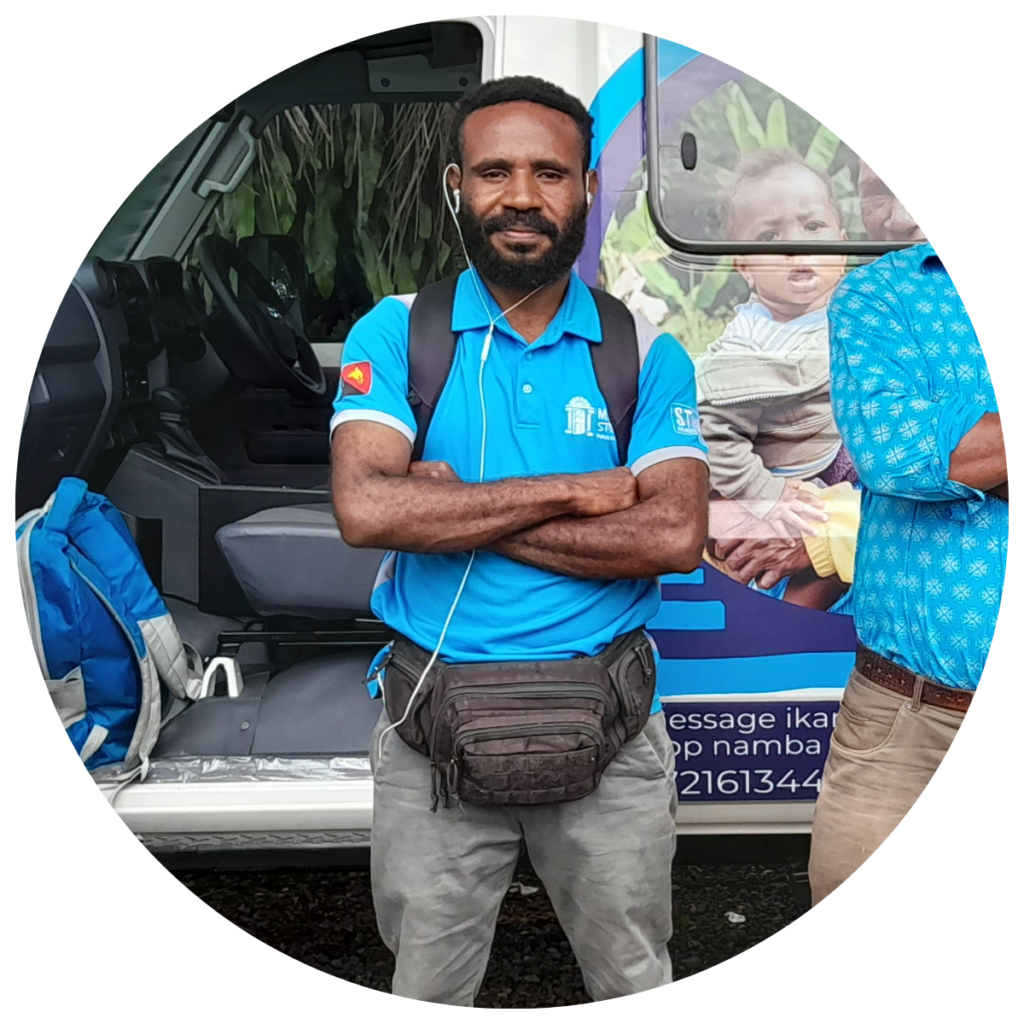
This year, around 260,000 women will lose their life due to pregnancy or childbirth – one every two minutes. 22,000 women will die because of an unsafe abortion.
Many are from rural, low-income communities typically out of reach of public health support, and without the work of organisations like MSI travelling in to provide services, they often have no access to contraception or adequate maternal healthcare.
“I have seen changes in these communities – people understanding the benefits of our services, children who have grown healthy and well. That’s what we are doing: creating healthy families.”
“We are saving mothers from burying their children, and children from burying their mothers.”
Over the past ten years, we estimate that our global contraceptive, abortion and post-abortion care services have saved the lives of 300,000 women and girls. In the countries where we work, pregnancy-related deaths would be over 15% higher without MSI programmes.
But beyond saving a woman’s life, we must also consider her longer-term health and well-being. The ability to choose when (or if) to have children is one of the most important factors determining a woman’s future path and welfare. A simple contraceptive method can transform a woman’s agency over her body, health and life in a way few other things could.
Two mothers share what spacing their children has meant to them
When Choukourya, now 22 and a mother of two, was growing up in Niger, she knew a woman in her community who became pregnant immediately after having her first child.
“Imagine having a child who is still breastfeeding and then having another one almost immediately…” she says. “There were many complications, she eventually lost her pregnancy, then got pregnant again right away, leading to another miscarriage. She experienced this five times.”
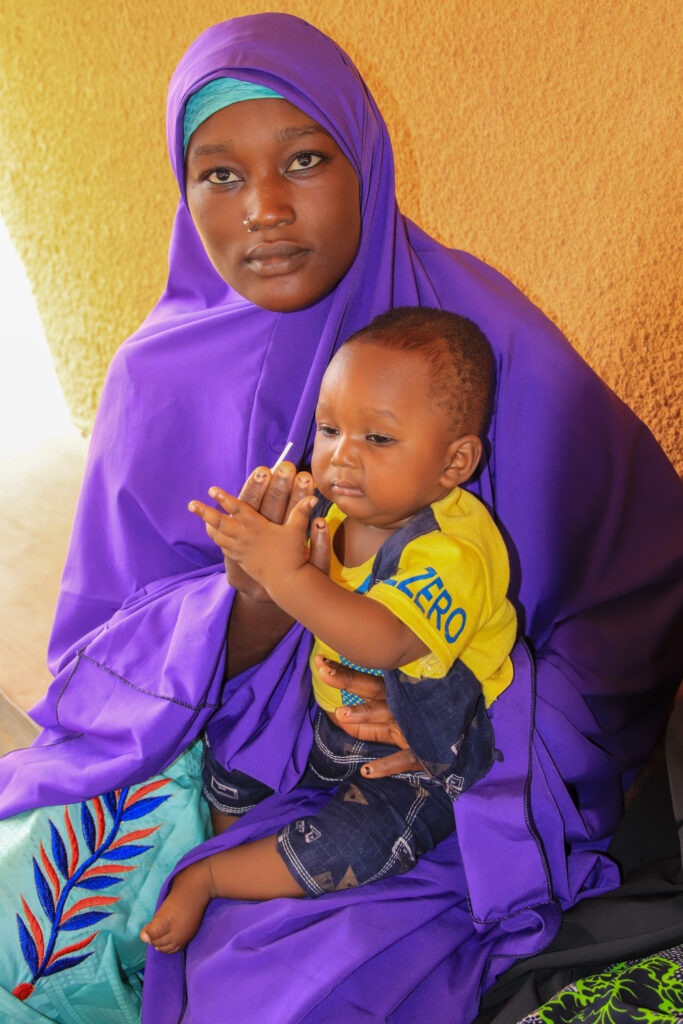
This is what compelled Choukourya to seek contraception immediately after having her first child, so she could space out her pregnancies and look after her own health and that of her child.
“MSI staff came to provide us with information, and it made sense to me. There is a two-and-a-half-year gap between my daughter and my son.”
“These child-spacing methods are really helping us.”
Around 6000 kilometres away in Afghanistan, Ferhana is a mother with a similar point of view.
She uses a long-acting method of contraception to control when she gets pregnant. She sees that it gives her more opportunities for taking care of herself and contributing to her society. She is free to pursue her art, which brings her joy.
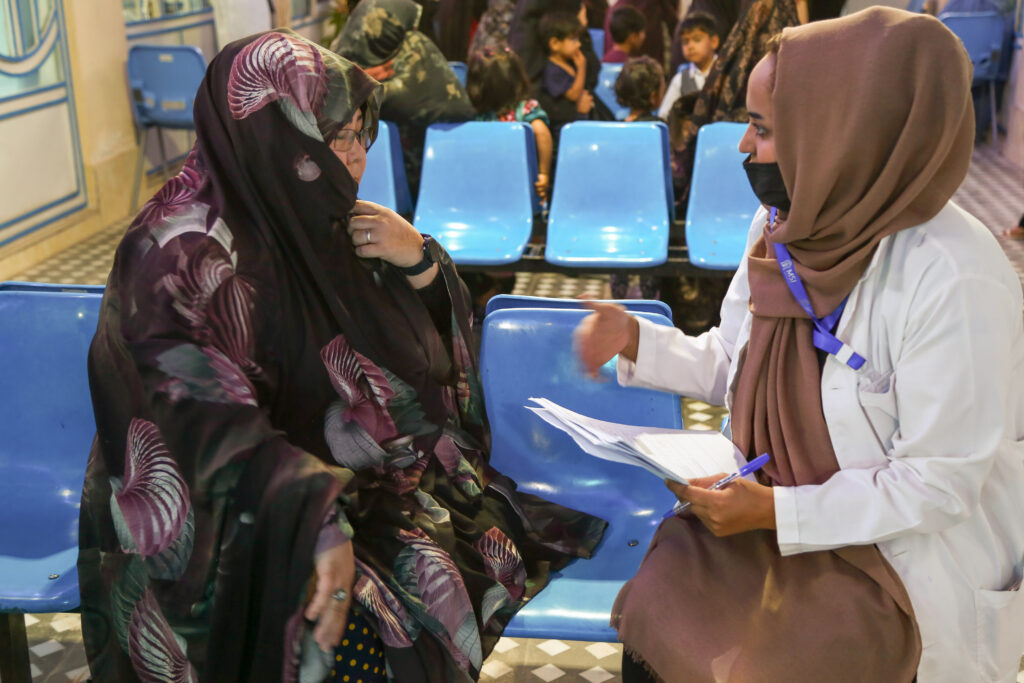
She hopes for these opportunities to be given to young women as well. “This way she would have more time for her life. More time for self-care. With such services [as contraception], we can better our lives.”
“A young woman has dreams and wishes. She cannot only give birth to babies.”
For Ferhana, she turned to MSI’s contraceptive services to help her manage her children, their education, hygiene and health. She feels it has helped her to such an extent that she now tells women in her community to visit our clinic to discuss their options.
Everyone deserves to have a healthy family and a hopeful future.
That’s what MSI teams, working in some of the poorest, most remote or fragile humanitarian settings across the globe, are in pursuit of every day.
Our MSI community share about healthy families
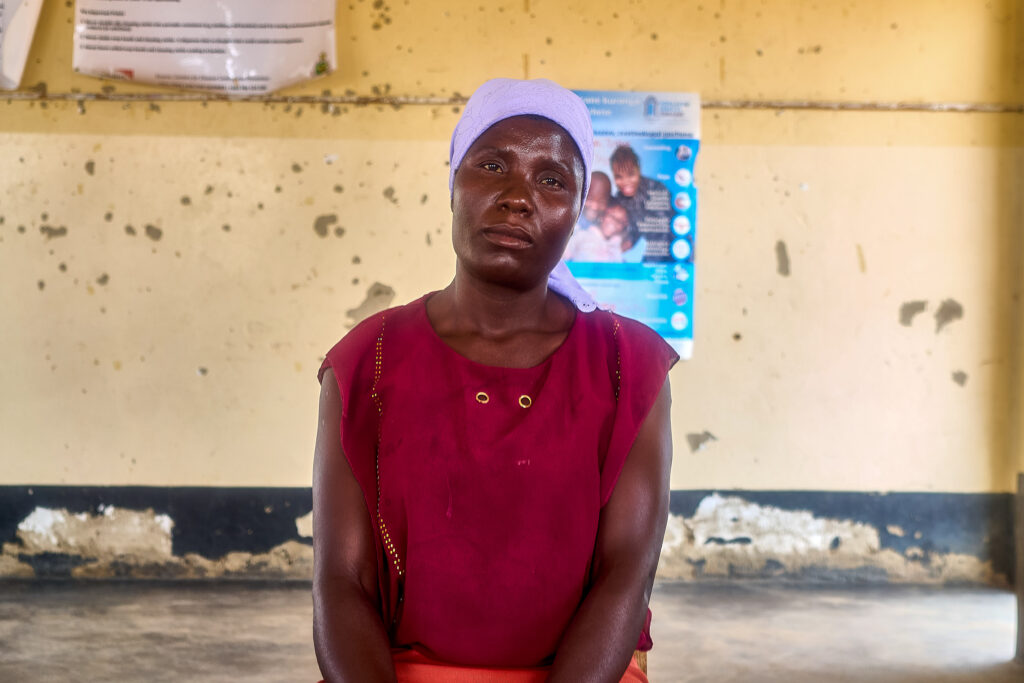
“[Using contraception] enables us to let our children grow, giving them adequate love and care.”
– Munashe, 34, Zimbabwe
“I have finished my studies and now I am able to raise my children to be healthy. I am concentrating on farming, and my children are doing well — they are healthy, and they study.”
– Sophia, 24, Tanzania
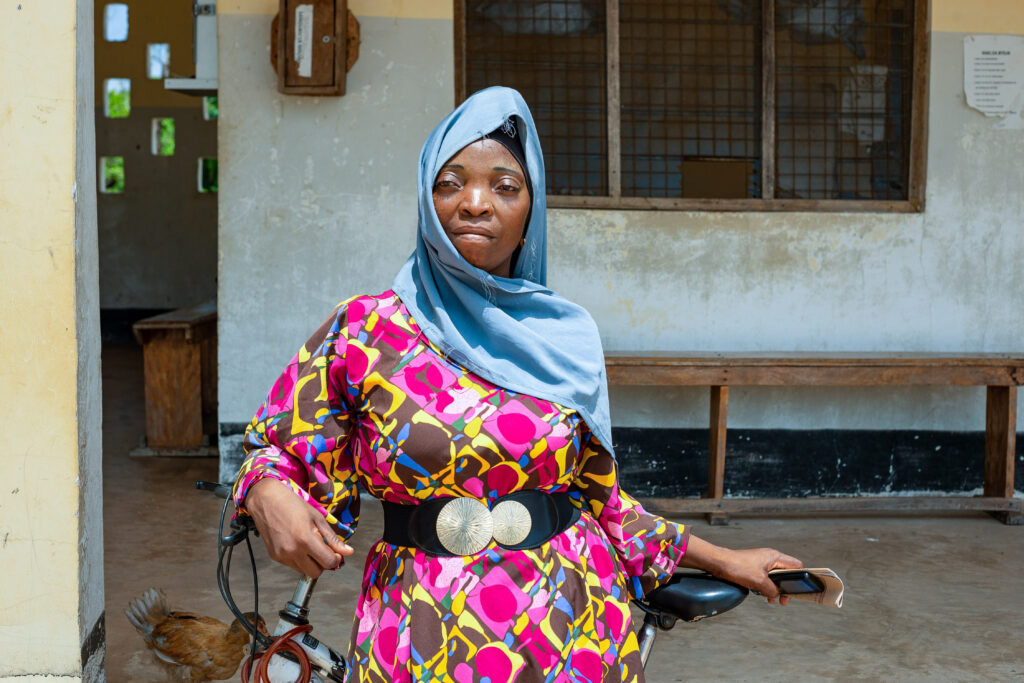
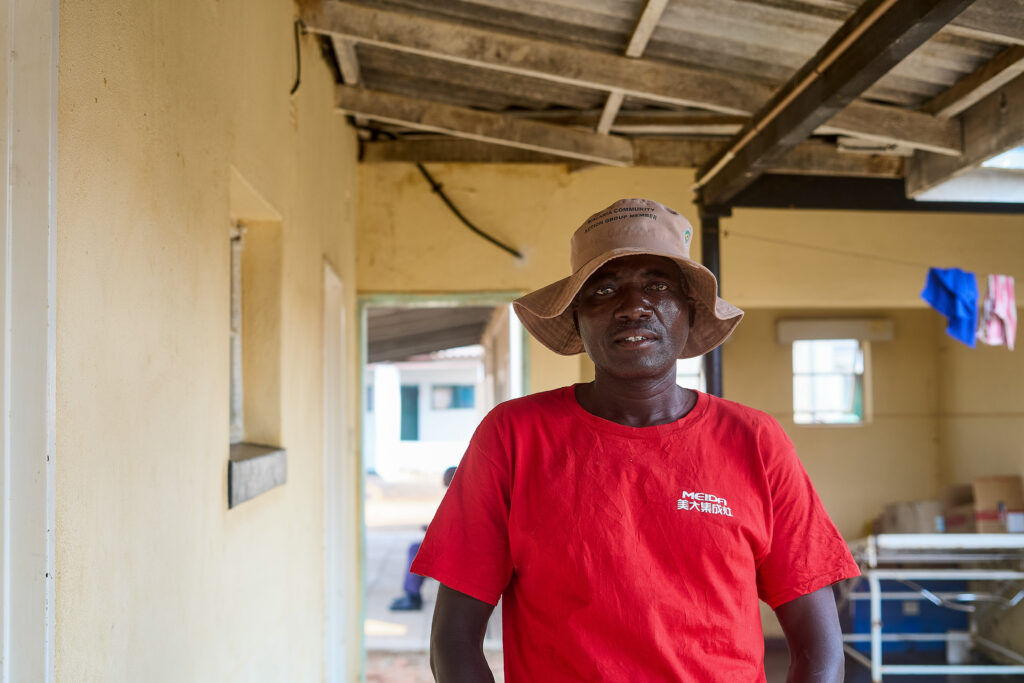
“In the 23 years that I have worked for MSI, I’m seeing people’s lives getting better. Women are able to take good care of their families.”
– Mkirasi, village health worker for MSI Zimbabwe
“I have a good, healthy life because I give my body enough time before giving another birth. Because of contraception, I have cultivated our land, I have constructed this house, we have bought cattle, we have enough food.”
– Anne, 34, Malawi
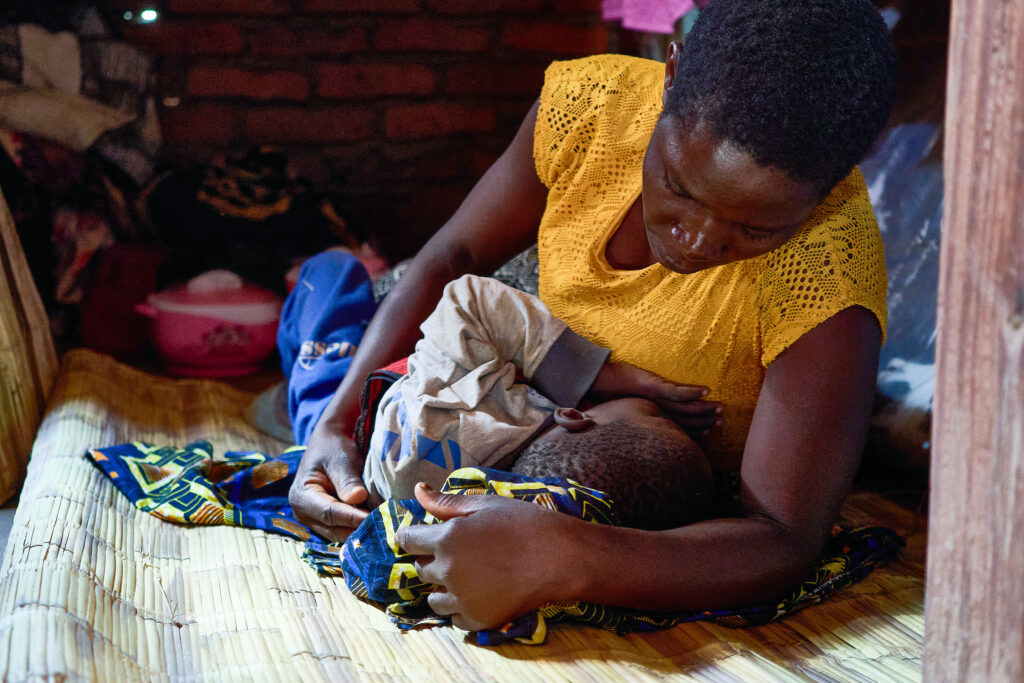
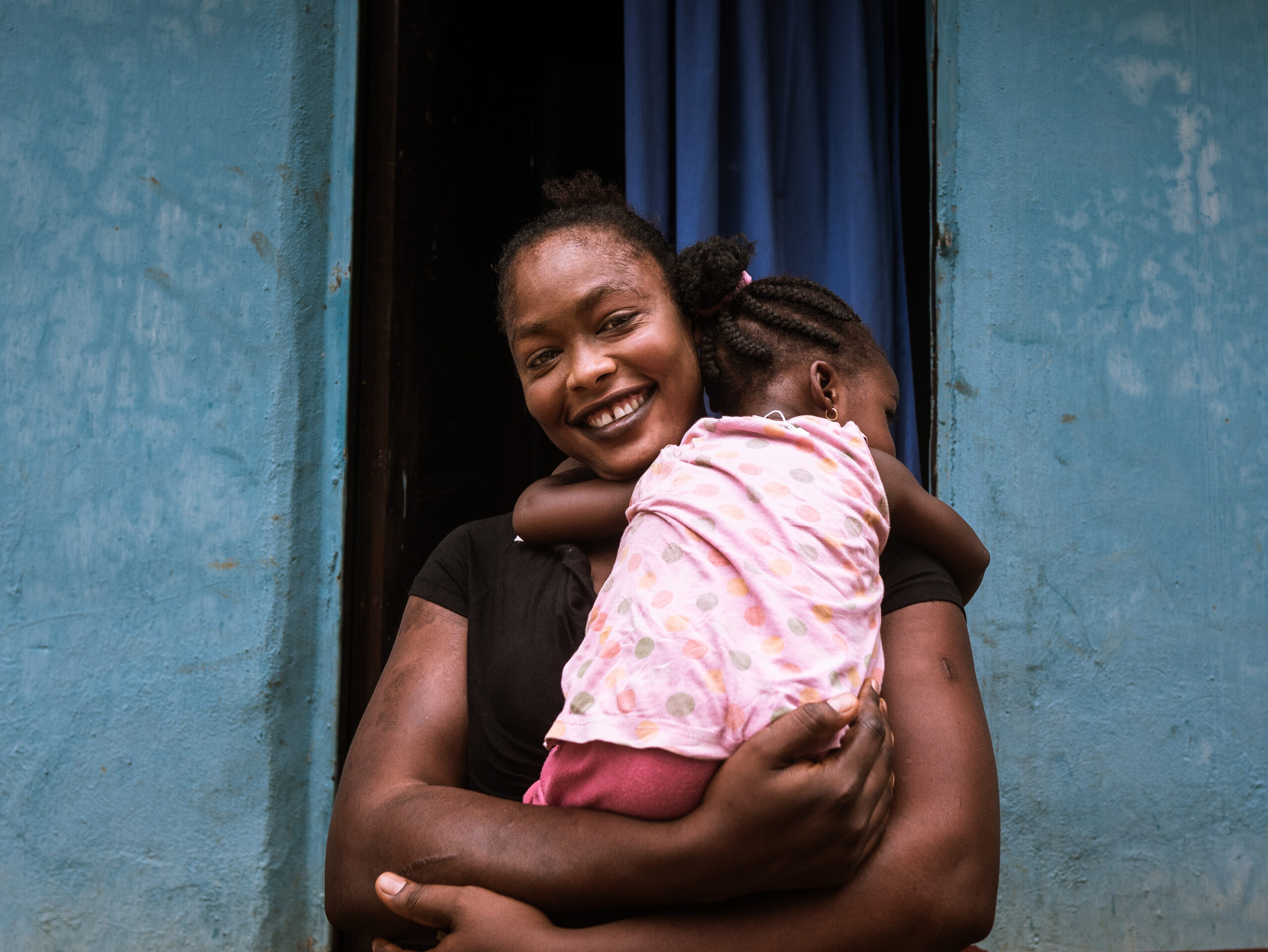
Donate for healthy families
Donate to our global programmes supporting families’ health and futures.
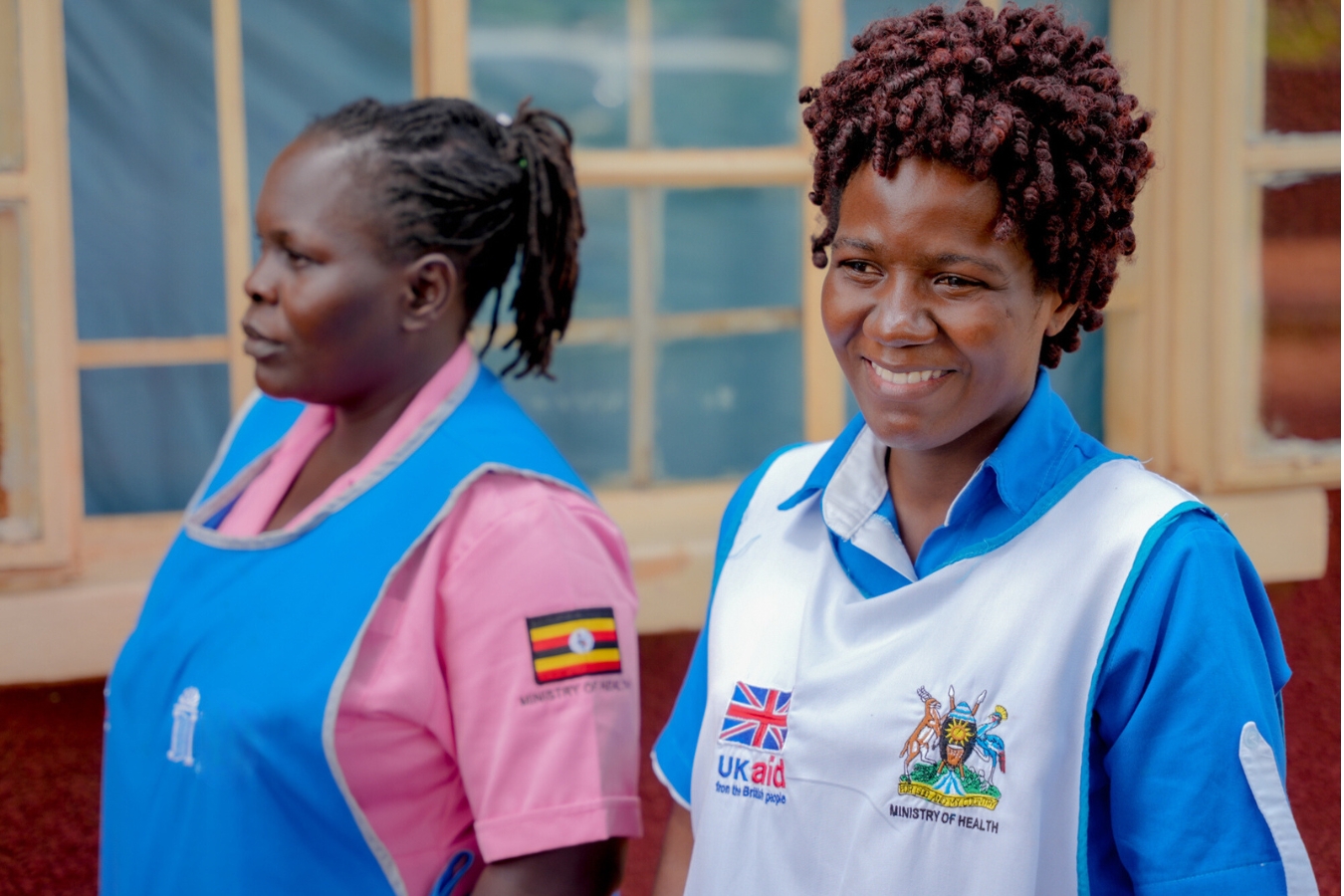
Partner with MSI
Together we can make a life-changing difference to millions of women worldwide.

Advancing gender equality
Learn how gender equality isn’t possible without reproductive choice.






